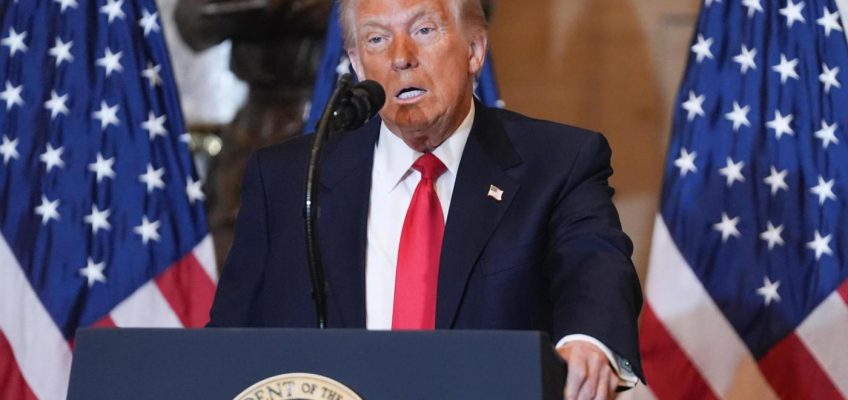Articles
Don’t hesitate to experience aggressively
1: Score a great Crypto Purse
Crypto Leo
Set of the best Bitcoin Poker Web sites 2025
Key factors to adopt When selecting a great Crypto Web based poker Web site
Yet not, remember that a high pick-inside the typically form a sophisticated of race. Therefore, it’s imperative to habit and you may hone your talent inside cash games and lower-bet competitions prior to diving to the high-bet situations. Remember that the fresh fictional character out of tournament gamble differ from cash video game. Inside tournaments, you have got a small processor chip heap, and you may dropping all potato chips mode treatment. However, inside the dollars video game, you could potentially consistently enjoy from the rebuying for those who lose your heap. Seven-Credit Stud is acknowledged for the novel design where participants receive a combination of deal with-up and face-off cards, demanding proper thought considering obvious suggestions.
When they pub using your BTC to fund your on line web based poker membership, merely import your Bitcoin to a different change (Coinbase, Bittrex, etc.) or to a good Bitcoin wallet. All you need is an energetic PayPal account, and you may lookup their cryptocurrency choices (Bitcoin, Litecoin, Ethereum, Bitcoin Cash, an such like.) right from inside PayPal app in itself. There is a lot of limits tied to doing work an internet web based poker organization, but very few laws limiting one thing in the player perspective. All the web based poker web sites noted on these pages is functioning legitimately within the community. Those people sites you to legally take on Us players are designated which have a Us banner near to their name.
Don’t hesitate to experience aggressively
Protected from the Curaçao eGaming, CryptoLeo prioritizes pro defense, encouraging defense private guidance and you can validating video game equity thanks to provably reasonable and RNG analysis. Experience quick percentage processes and TLS step 1.dos defense standards to possess seamless purchases. Fixing pro inquiries is actually super easy from the comprehensive FAQ part, multilingual live chat, otherwise current email address assistance, making sure a fuss-free and safe playing journey at the CryptoLeo Casino.
1: Score a great Crypto Purse
Yet not, for individuals who’re also an online casino poker athlete looking to purchase BTC with PayPal, you’ve still got to wait before anteing click for source upwards. That’s because the – in the discharge – PayPal isn’t supporting Bitcoin transmits in order to additional addresses. Which limit is going to be lifted in the near future, and in case it is, PayPal might possibly be all aces without eights to have quick, easy Bitcoin acquisition. Per purse comes with another address that you have to go into every time you should make a purchase (an excellent eWallet can establish another address to you having for each exchange).
Remember that the brand new personality away from contest gamble differ from dollars game.
There is no looking forward to months on end for a financial so you can procedure your hard earned money-out; follow on the brand new withdraw button and find out the Bitcoin get to their bag in the seconds.
The rise from mobile tech provides transformed the online poker industry, making it possible for participants to love their favorite game each time, everywhere.
Here try and now we’ve also generated a list of the the most popular reasons.
Electrum is one of the most common and you can widely trusted desktop Bitcoin poker wallets, as a result of their discover-resource characteristics and you may appeal to strength Bitcoin pages.
Crypto Leo
In that way, even when somebody have their wallet ID and you will code, they could’t join instead real entry to the mobile phone. The next code option in addition to contributes an additional password prompt prior to any Bitcoin is actually allowed to be delivered. All you need is a message address to sign up, thus no private information is required. Moreover it have a very straightforward interface, which i consider is extra extremely important for individuals who’lso are a new comer to Bitcoin. I made use of Blockchain for more than two years before I learned sufficient to understand it isn’t best if you shop any style from Bitcoin personal tips otherwise logins online. We used Blockchain for more than couple of years just before We read enough to realize it isn’t wise to store any kind of Bitcoin private important factors or logins on line.
Set of the best Bitcoin Poker Web sites 2025
Places are near to immediate, and you may distributions usually are within 24 hours (both in one hour at the quicker bitcoin-simply web based poker bed room such SwC Poker). You’ve been using bitcoin for a short time and also you’re enamored with this the new tech. You start to see another field of other cryptocurrencies open, and you also would like to get a part of the individuals too. Your subscribe to an exchange and commence trading for the coolest coins if you don’t provides a pleasant diverse profile out of cryptocurrencies you understand nothing in the.
Key factors to adopt When selecting a great Crypto Web based poker Web site
This really is challenging for people who’re wanting to engage inside online gambling but find themselves prohibited from acting to your certain programs. It’s crucial to sit told in regards to the legal issues of Bitcoin gambling close by and choose networks one value these types of regulations to stop any possible court difficulty. Only admirers, crypto profiles, and you may players out of restricted places (mostly beginners) gamble internet poker which have Bitcoin; and this the newest fish/professional proportion is extremely attractive. By using these expanded info, you’ll boost your gambling experience while increasing your chances of that have a fun and you can rewarding time during the crypto casinos. When a player can make in initial deposit otherwise metropolitan areas a wager, the order try submitted to your a great decentralized ledger known as the blockchain. It ledger is available to any or all professionals from the community, making certain transparency and you can fairness.
Ignition now offers Keep’em and you will Omaha for each and every sort of user, meaning each other budget people and large-rollers will get suitable games. It had been among the first platforms introducing Bitcoin to possess poker people and remained the top choice for of a lot BTC couples. While the Bitcoin will bring an unmatched number of privacy, that is an essential element of every thinking-valuing casino poker site. It’s especially glamorous to possess informal participants who wish to remain under the brand new radar or prevent regulations you to definitely change the entry to of its favorite casino poker rooms.



